At The Bass Museum of Art in Miami Beach, Naama Tsabar is literally putting her head through the wall. Though the prospect of opening a major museum solo show, “Perimeters,” at The Bass during Miami Art Week while simultaneously showcasing works with Goodman Gallery, Shulamit Nazarian and Kasmin Gallery at Art Basel might be enough stress to drive any one artist to creative contusion, Tsabar is merely demonstrating how one of her “Inversion” series pieces is activated by movement.
“This specific one I created for the back of my head,” Tsabar explains, standing in front of a hollowed-out oval box as she tilts her head back into it; the hole’s interior is a box lined with the high gloss cherry red maple of a violin. With this movement, the artist activates the sonic elements of the work, as the buzzing sound of cicadas waft out of the work like a white noise. As she continues to move her head in and out, the cicada’s song intersects with the high pitch of a female voice, and Tsabar explains why she’s drawn to the tenor within her practice.
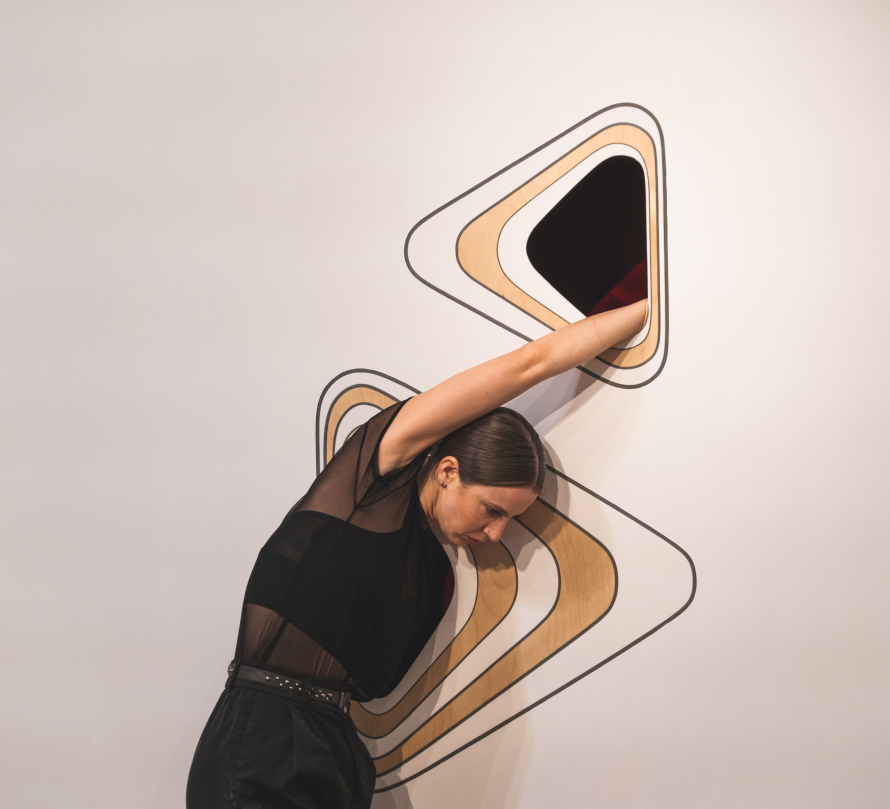
“Even when women were not given a voice and were not allowed to express themselves, there was the female melodic voice; even if you were in the wrong race during a certain era, the female voice could still express itself, right?” she asks, adding, “I feel like the melodic voice is almost like a Trojan horse.”
Tsabar’s show at The Bass builds upon her fascination with exposing hidden dichotomies, largely through intervening architecture with the underpinnings of sound. In the exhibition, which opened November 28, she both restages and reconstructs musical instruments, activating the works with field recordings and melodies created especially for them and inviting female-identifying artists, including dancers and singers, to interact with them in a series of live performances.
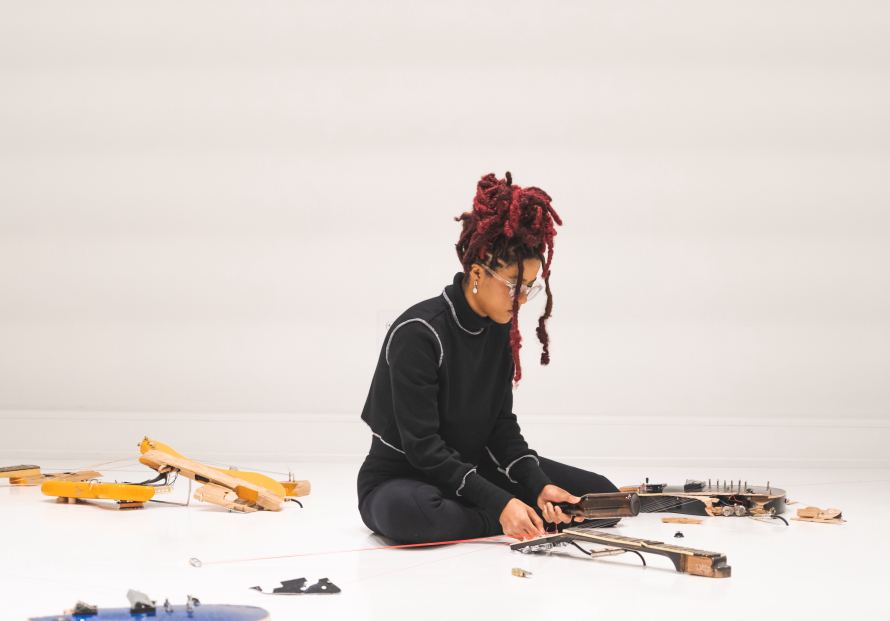
The Israeli-born Tsabar, a former musician turned visual artist, made the transition from the sonic to aesthetic realm once she moved to New York after college, in 2008. Her practice today borrows elements of sound and music culture into artworks that are often meant to be performed in order to complete their conceptual purpose.
“I say that my work is my first love and my true love just coming together,” she says. “It’s something that is completely perfect for me. I feel I'm able to facilitate musical performances that are much better than my own vision as a musician could have ever been.”
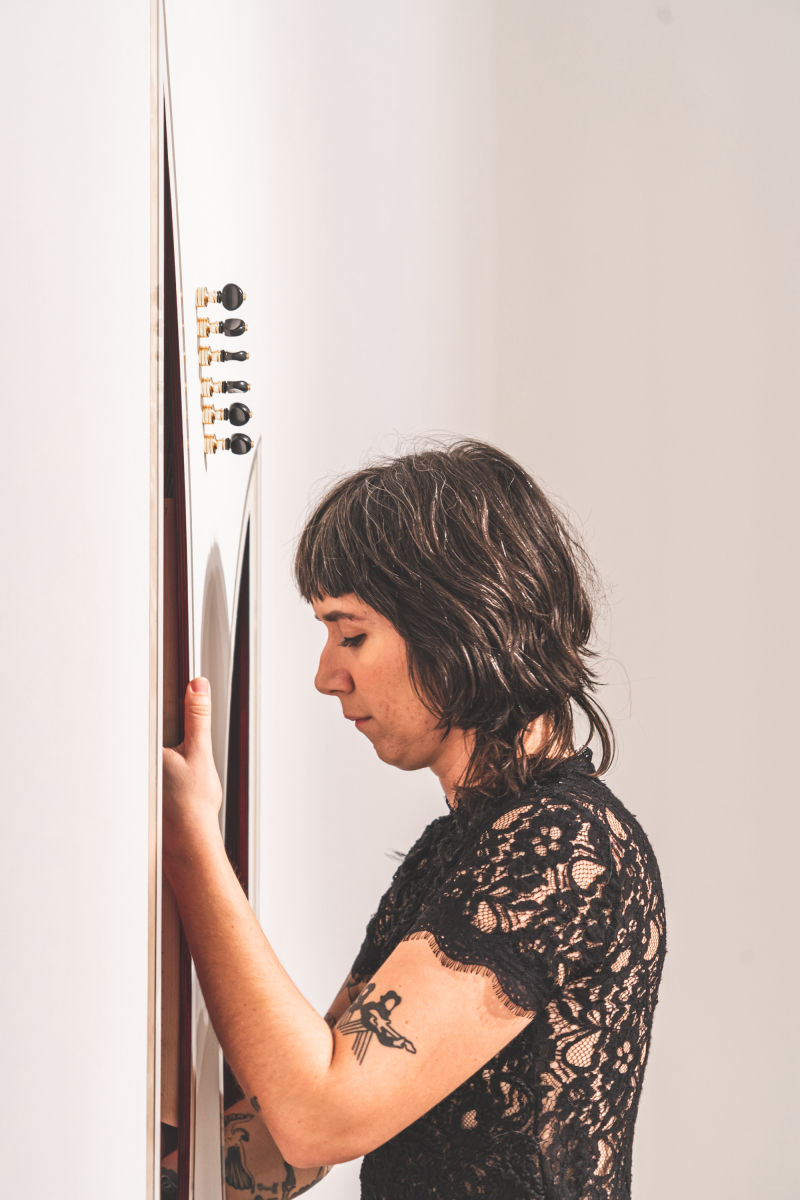
Curated by The Bass Museum’s Leilani Lynch, “Perimeters” displays both older and never-before-seen artworks that Naama has been working on during the pandemic. Alongside several “Inversions” pieces, each of which is designed to be activated by performers and viewers alike, Tsabar exhibits Melody of Certain Damage, a work designed to recontextualize the violent, gendered act of smashing a guitar onto the floor that exists within rock culture. Tsabar smashes the guitars in her studio, records where the pieces fell and reconstructs the damage inside a crisp white box, stringing the pieces together with new guitar strings. In Tsabar’s hands, this male-driven act of aggression becomes an act of care.
The show also presents new work October 13 2019 – July 5 2021, in which Tsabar displays a pair of worn-in shoes fused with a metronome. With the soles undulated and shaped by Tsabar’s daily movements, it’s a piece about the passage of time and how we mark it, but it also becomes a reminder to be empathetic.
With ongoing performances activating the exhibition during Miami Art Week, Tsabar’s “Perimeters” pushes both her personal boundaries and the ones that exist in our built environment. “My practice is a place of expanding my own movement, and liberating my own sense of borders,” she says. “These works are very much derived from these moments in my creation.”

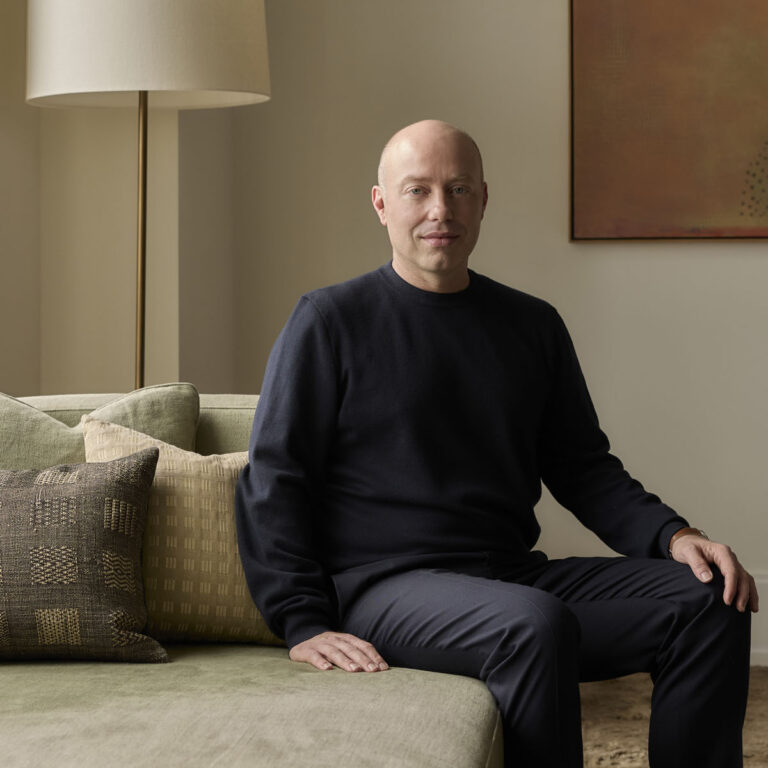
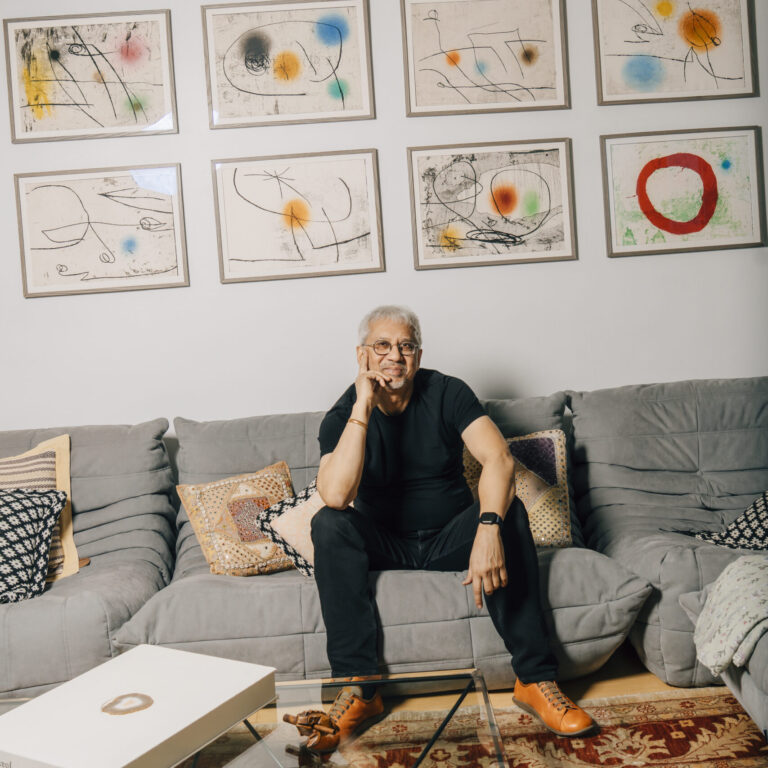
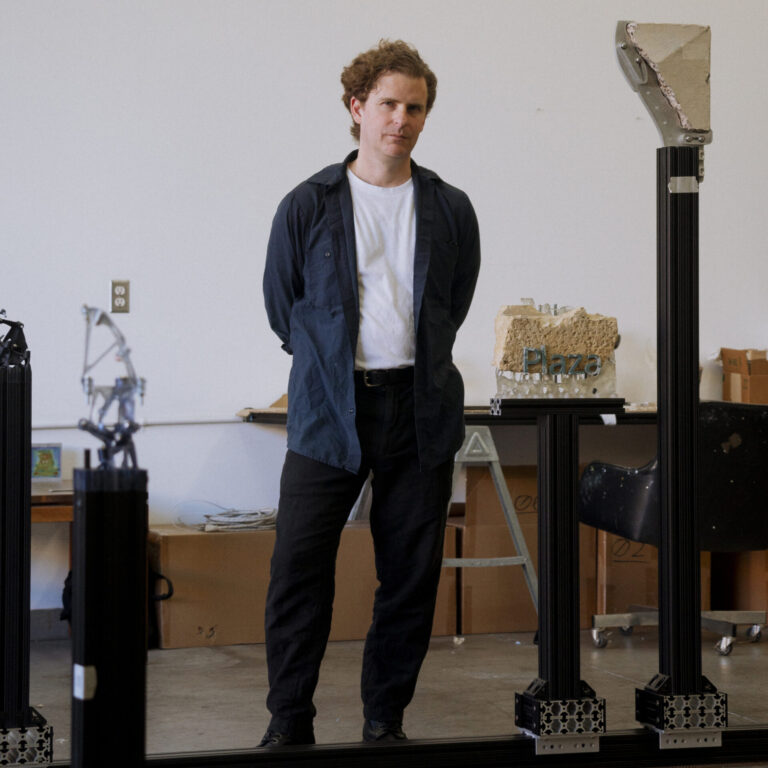

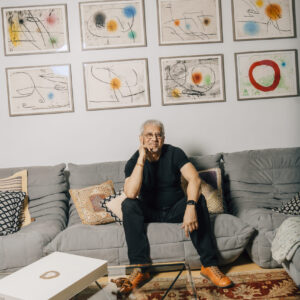
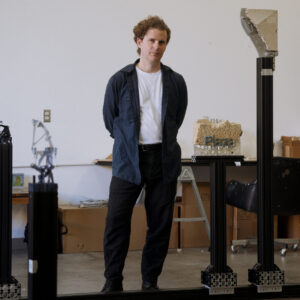



 in your life?
in your life?

